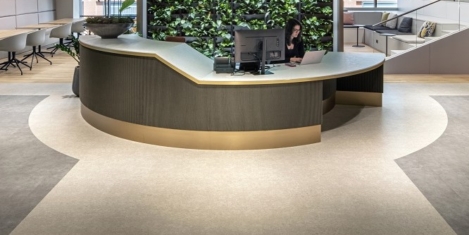November 15, 2023
‘Return-to-office’ rates vary widely across Europe
 A new survey from JLL, Is hybrid really working? [registration] claims that the majority of international organisations (87 percent) are encouraging employees to work from the office at least some of the time. In fact, only 20 percent of employees who can work remotely all of the time or one-two days in the office now do so, down from 39 percent a year ago. However, the data demonstrates varying approaches to the so-called return to office across Europe, with France and Belgium leading, spending an average of 3.5 days working from the office. Germany, Netherlands, Spain and the UK are however lagging behind with an average of 2.5 days working from the office. (more…)
A new survey from JLL, Is hybrid really working? [registration] claims that the majority of international organisations (87 percent) are encouraging employees to work from the office at least some of the time. In fact, only 20 percent of employees who can work remotely all of the time or one-two days in the office now do so, down from 39 percent a year ago. However, the data demonstrates varying approaches to the so-called return to office across Europe, with France and Belgium leading, spending an average of 3.5 days working from the office. Germany, Netherlands, Spain and the UK are however lagging behind with an average of 2.5 days working from the office. (more…)







 A new poll of workplace leaders suggests there is an environment of unconscious fear in modern-day leadership, leading to toxic culture, stunted growth, performance and productivity, and decision inertia. The global study of 2,500 emerging leaders in corporate businesses by consultant
A new poll of workplace leaders suggests there is an environment of unconscious fear in modern-day leadership, leading to toxic culture, stunted growth, performance and productivity, and decision inertia. The global study of 2,500 emerging leaders in corporate businesses by consultant 
 Nothing beats in-person meetings, but tech is vital for hybrid working trust and equality. That is the main conclusion of a new report from
Nothing beats in-person meetings, but tech is vital for hybrid working trust and equality. That is the main conclusion of a new report from 























December 8, 2023
Inclusive office design is essential if we want offices to be worth the commute
by Guzman de Yarza Blache • Comment, Workplace design